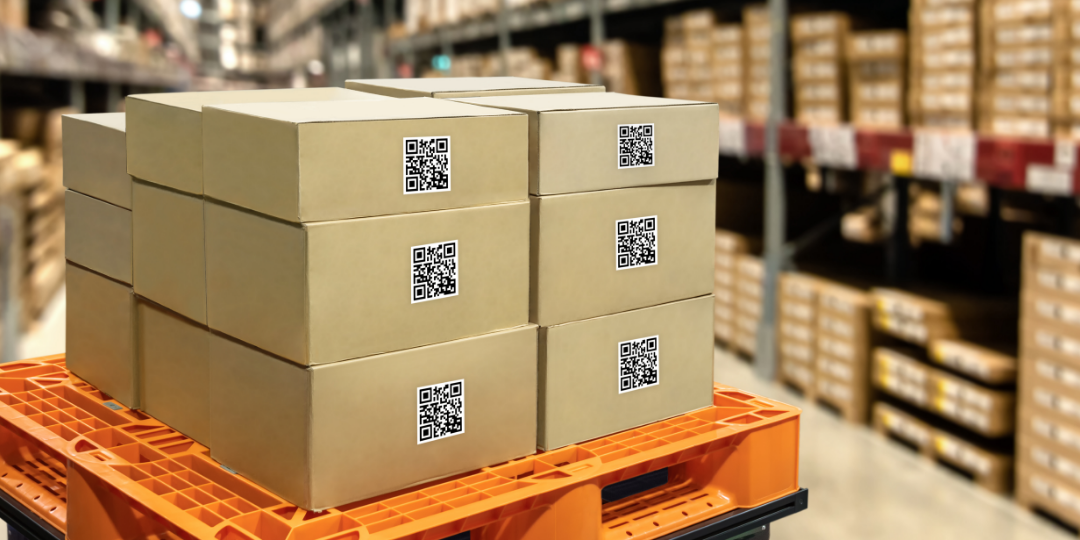As we approach 2025, business leaders are looking ahead, navigating a rapidly evolving landscape marked by technological advancements, shifts in consumer behavior, and new societal demands. The next few years are poised to bring even more dramatic changes, with artificial intelligence (AI), sustainability efforts, and workforce transformations leading the way. For business owners and executives, staying ahead of these 2025 business trends is essential to maintaining a competitive edge and adapting to a fast-changing world. Here are the key business trends to watch for in 2025 and beyond.
Table of Contents
1. Artificial Intelligence Will Be a Core Business Strategy
By 2025, artificial intelligence (AI) will no longer be a nice-to-have tool but a core element of every business strategy. AI systems and AI tools will be fully integrated into all aspects of business operations, from customer service to decision-making, supply chain optimization, and more. In fact, AI-powered solutions will increasingly automate routine tasks, freeing up time for businesses to focus on innovation and strategy.
Generative AI, in particular, will continue to gain traction across industries. With the ability to create content, generate solutions, and streamline workflows, generative AI will be a game-changer in marketing, design, and customer service. Companies will leverage these AI systems to drive efficiencies and deliver more personalized customer experiences at scale.
Moreover, AI will be indispensable in real-time decision-making. From predictive analytics that forecast market trends to AI tools that optimize inventory management, businesses will rely on AI to stay agile and responsive in a fast-paced environment.
2. Sustainability Will Drive Business Innovation
In 2025, sustainability will no longer be a buzzword but a defining factor for businesses looking to stay relevant. As consumers and governments alike push for more eco-friendly practices, companies will be forced to adopt more sustainable business models. This will include reducing carbon footprints, improving energy efficiency, and minimizing waste throughout their supply chains.
Business leaders will need to consider how their operations impact the environment and implement innovative solutions to reduce this impact. This could involve adopting cleaner technologies, exploring carbon-neutral production methods, or using sustainable packaging. Consumers are becoming increasingly aware of environmental issues, and they are more likely to support companies that prioritize sustainability. Those who fail to adapt risk losing market share to more eco-conscious competitors.
Beyond regulatory compliance, sustainability will become a key driver of innovation. Companies will develop new products and services that address global challenges like climate change, resource scarcity, and pollution. The businesses that excel in sustainability will not only contribute to a healthier planet but also position themselves as leaders in an increasingly green-focused economy.
3. The Workforce Will Continue to Evolve
As we move into 2025, the way people work will undergo further transformation. Remote work, hybrid models, and flexible hours will continue to be the norm for many organizations, with employees seeking more autonomy and a better work-life balance. This shift requires business owners to rethink their organizational structures, workplace culture, and how they manage talent.
AI tools will play an important role in enhancing the remote work experience. Virtual assistants and AI-based collaboration platforms will facilitate seamless communication, scheduling, and project management. Additionally, automation tools will help reduce the administrative burden on employees, allowing them to focus on more value-driven tasks.
In response to the changing workforce, businesses will invest more in employee well-being, mental health, and diversity, equity, and inclusion initiatives. Companies that prioritize a positive and supportive work environment will attract top talent and reduce employee turnover. Furthermore, leaders will need to focus on upskilling their workforce, equipping employees with the skills needed to thrive in a technology-driven world.

4. Social Media Will Continue to Shape Consumer Behavior
By 2025, social media will have an even greater impact on consumer behavior, business marketing, and brand reputation. With the rise of social commerce and direct-to-consumer platforms, businesses will find new ways to engage with customers and sell products through social media channels. Social platforms like Instagram, TikTok, and YouTube will continue to be integral to marketing strategies, enabling businesses to reach younger, tech-savvy audiences.
Generative AI will also play a role in social media marketing, helping companies create engaging content at scale. AI tools will analyze user behavior in real-time, delivering personalized content recommendations and targeted ads based on data-driven insights. This will allow businesses to connect with consumers on a deeper level, leading to more meaningful interactions and higher conversion rates.
Moreover, businesses will be increasingly expected to have a strong social media presence that aligns with their values. Consumers are more likely to engage with brands that reflect their beliefs and interests. In this way, social media will not only be a tool for marketing but also a platform for businesses to showcase their authenticity and build trust with their audience.
5. The Supply Chain Will Become More Resilient and Transparent
In the wake of recent global disruptions, businesses will invest heavily in building more resilient and transparent supply chains by 2025. AI and machine learning will continue to revolutionize the supply chain, offering new tools to predict disruptions, optimize logistics, and track products in real-time. AI-powered predictive models will help businesses manage inventory, anticipate demand, and mitigate risks before they impact operations.
Blockchain technology will also play a critical role in improving supply chain transparency. By providing a secure, immutable record of transactions, blockchain will allow businesses to track products from source to consumer, ensuring quality and authenticity at every step of the process. This transparency will help reduce fraud and ensure ethical sourcing, which will be increasingly important to consumers.
Moreover, sustainability will also become a key focus in supply chains. Companies will seek to source materials more responsibly, reduce transportation emissions, and minimize waste. AI systems will help businesses identify opportunities to optimize their supply chains for both cost-efficiency and sustainability, creating a more resilient and environmentally responsible system.
6. Data Privacy and Cybersecurity Will Be a Top Priority
As data becomes the lifeblood of modern businesses, data privacy and cybersecurity will continue to be a major concern in 2025. With the increasing use of AI and digital platforms, businesses will need to invest in more robust data protection strategies to safeguard their customers’ personal information and prevent cyberattacks.
In the coming years, AI tools will help businesses detect and respond to security threats in real time, providing an extra layer of protection against malicious activities. However, as AI systems themselves become a target for cybercriminals, businesses will need to adopt more sophisticated encryption, authentication, and threat detection mechanisms.
Furthermore, with stricter data privacy regulations likely to be enacted globally, companies will need to ensure compliance with laws such as the GDPR in Europe and similar legislation in other regions. Businesses that fail to protect their data or comply with privacy regulations risk damaging their reputation and facing significant financial penalties.
7. Generative AI Will Drive Creative Innovation
Generative AI is set to revolutionize creative industries, from marketing and advertising to product design and entertainment. By 2025, businesses will increasingly use generative AI tools to create content, design products, and develop marketing campaigns. These AI systems can analyze vast amounts of data to generate new ideas and solutions that are aligned with consumer preferences and trends for 2025.
In industries like fashion, design, and media, generative AI will help businesses stay ahead of trends and produce highly personalized products. For instance, AI can generate customized clothing designs based on individual consumer tastes, allowing for the creation of unique, made-to-order products. In marketing, generative AI will enable businesses to develop hyper-targeted ads and campaigns that speak directly to their audience’s needs.
As generative AI continues to evolve, its ability to drive creative innovation will become a major competitive advantage for businesses looking to differentiate themselves in a crowded marketplace.

8. The Rise of the Subscription Economy
The subscription economy will continue to thrive in 2025, as more businesses adopt recurring revenue models. Subscription-based services offer customers convenience and flexibility, while businesses benefit from a steady, predictable income stream. This trend is particularly evident in industries such as software (SaaS), entertainment, food delivery, and personal care products.
AI tools will play an important role in optimizing subscription models by analyzing customer behavior, predicting churn, and personalizing offers. Businesses will use AI systems to improve customer retention and engagement, ensuring that subscribers feel valued and continue to renew their subscriptions. This approach will be key in building long-term customer relationships and maintaining a sustainable revenue model.
Preparing for 2025
The business landscape of 2025 will be marked by the ongoing integration of AI, an increased focus on sustainability, and a continued evolution of the workforce. To stay competitive, businesses will need to embrace these trends and adapt quickly to changing consumer expectations, technological advancements, and regulatory requirements. By doing so, they can position themselves for success in a rapidly transforming world.
For business owners, the key will be staying informed and agile—ready to implement new strategies, tools, and technologies that drive growth, innovation, and positive change. The future is unfolding quickly, and those who embrace these trends will lead the way into 2025 and beyond.
